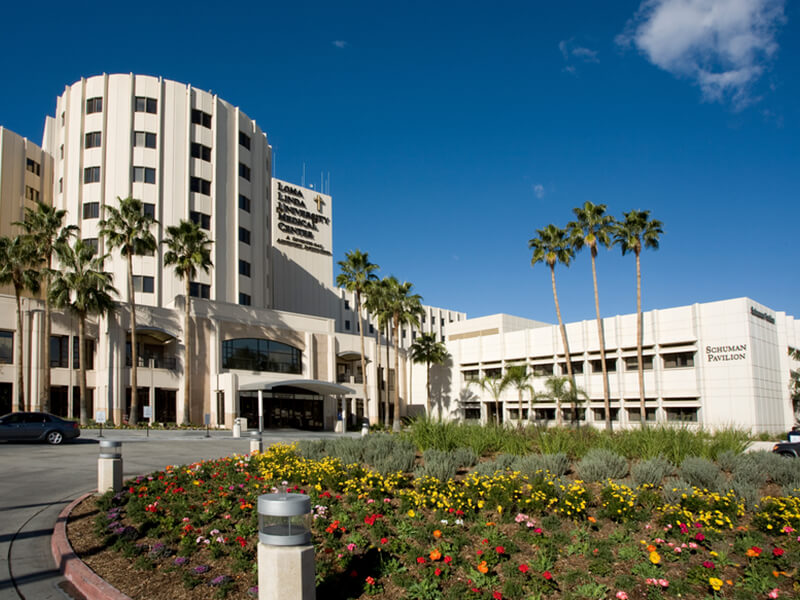For more than 30 years, Loma Linda University Center has been providing personalized, high-quality medical services for infertility treatment. As one of the oldest reproductive health centers in Southern California, our team has helped thousands of couples realize their dream of having a child of their own.
As part of the Loma Linda University system, we provide our patients with university-level services combined with the boutique comfort of a small practice. Our patients receive several important benefits:
- All reproductive health services in one place - including testing, surgeries if needed, egg retrieval, embryo transfers and in vitro fertilization at the region's leading laboratory;
- Help with even the toughest cases - LLU is Southern California's reference center for complex infertility cases;
- Easy and immediate consultation within our LLU hospital network.
Donor egg programme
Loma Linda University Center has a well-developed egg donation program. There are two ways to choose a donor: it can be a family member, friend or acquaintance; in addition, the couple can choose an anonymous egg donor.
The most successful donors are healthy women under the age of 32 who already have a child of their own and have no medical history related to infertility. Donors must undergo detailed medical, psychological and genetic screening before they are approved.
The success rate of fertilization with donor eggs depends on many factors, including age, hormonal balance, uterine condition, etc. The doctor is able to assess the chances of success in each specific case after detailed examinations. In general, the success rate of in vitro fertilization with donor eggs ranges between 50-80%, that is, it is higher compared to the traditional in vitro procedure.
Sperm donation
Donor sperm is used by couples in which there is a low quantity or quality of sperm in the man; or he is a carrier of a genetic disease that can be inherited from the child. The donor may be known to the recipient, such as a close friend or family member, or an anonymous unknown donor may be selected from a donor bank. In the latter case, donors are aged 18-40, healthy, non-smokers, and have undergone extensive medical and genetic testing. They must also provide a photograph, full medical information, details of educational level, interests and skills.
Donor embryos
In IVF treatment, several eggs are extracted and fertilized to create embryos. More embryos give the expectant mother more chances of a successful pregnancy. But in the transfer, one or at most two embryos are implanted in the uterus. The rest are frozen and stored for use at a later stage.
Depending on the outcome of the in vitro treatment, the embryos may not be needed for use in the future. In that case, the couple can continue to store them for the appropriate fees or donate them to another couple with reproductive problems.
Embryo donors can be known or anonymous. Anonymous donors do not identify themselves to the recipient. Potential recipients can select embryos from the donor database by learning about the medical and social profile of the donors.









